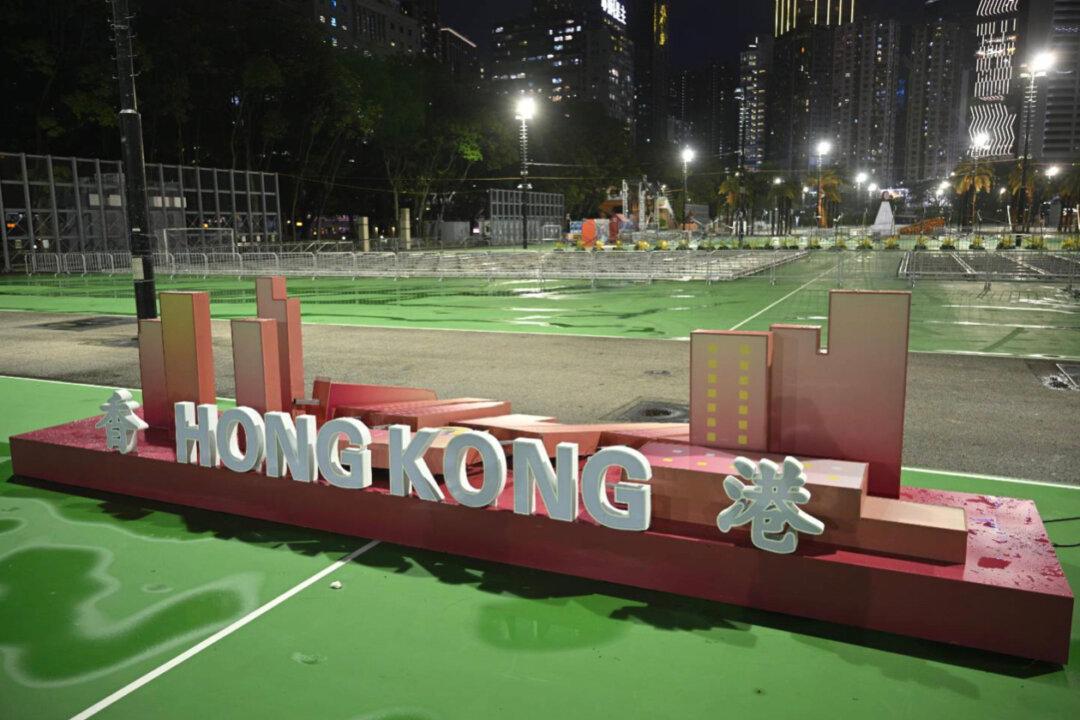News analysis
On July 1, 2022, the day of the 25 anniversary of Hong Kong’s handover, Hong Kong was welcomed by typhoon “Chaba;” as it swept through areas of Hong Kong.

On July 1, 2022, the day of the 25 anniversary of Hong Kong’s handover, Hong Kong was welcomed by typhoon “Chaba;” as it swept through areas of Hong Kong.